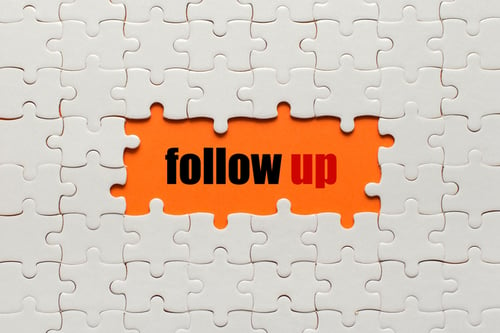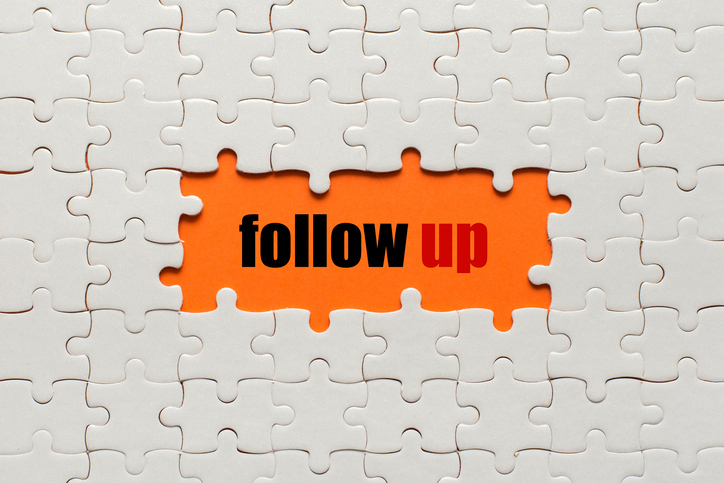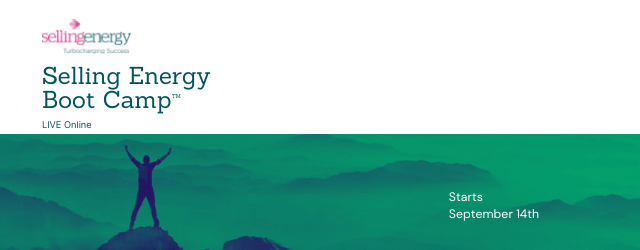We sow the seeds of our own destruction by not following up with customers. My philosophy is when you send a proposal, you've got to follow up from the beginning. I also recommend a multi-modal approach. If you send a proposal by email, you should also send a text or leave a voicemail, something like “I just want to let you know I sent this proposal so you don’t miss it. I’ll follow up with you in a couple of days.”

Here’s my second tip. When someone asks for a proposal, it’s best to send it the same day or the day after. Of course, there are situations where you’re going to take time to gather the right info and connect the dots; however, it’s important to send it as soon as possible. If someone asks for a proposal at 10 a.m. and they see the proposal was written at midnight and sent by dawn the following day, they will likely be impressed with your professionalism. You don’t necessarily have to do that every time, although you really should if you want to cement your professionalism in the prospect’s mind, which can be helpful even after they become a customer and start sending you referrals.
Now let’s say you don’t hear back right away, or if you do, they might say, "I'm not ready to talk yet. I've got to finish X, Y and Z and I have a meeting with our board next Tuesday." Put a reminder in your calendar for the next time you plan to get in touch with them. If appropriate, you can a negotiate a time to get in touch (for example, after the board meeting). You don’t have to be pushy. When the time comes, you can send an email asking, “How did it go?”
My third tip: during these interactions, all you need are one to two-sentence emails. The important thing is to keep connected with them; however, use a light touch when doing so. Send them information they can use, whether it’s an article that reminds them of your project or something that aligns with their needs or values. In most cases your prospect will appreciate that you're not forgetting about them, especially if they’re swamped. Staying in touch is both proactive and preventative.
Due diligence is not only a sign of professionalism, but also an indicator of how you’ll communicate in the future. It prevents stalled projects or missed opportunities. When thinking about follow up, ask yourself, “What would I expect or be grateful for if the tables were turned”? If you meet or exceed those requirements, you’re doing more than following up. You’re making yourself a genuine asset and differentiating yourself from all of the other salespeople your prospect has encountered.







